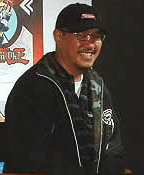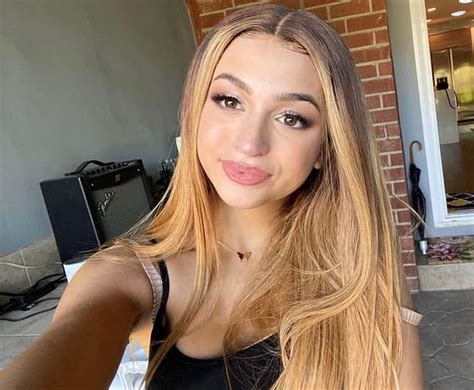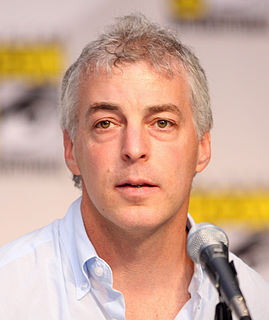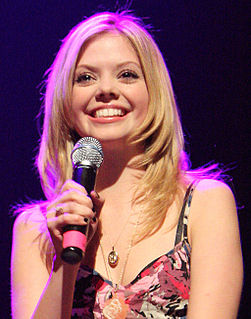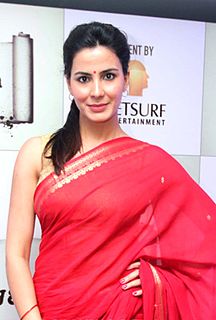A Quote by Stan Lee
One of the keys is, and it may sound funny, talking about characters with super powers, but one of the keys is to make your characters as realistic and believable as possible. Even if they have super powers, you say to yourself, "Well, if somebody had a super power like this, what would his life be like? Wouldn't he still maybe have to go to the dentist or wouldn't he have to worry about making a living? What about his love life?" You've got to make characters that your reader can believe exists or might exist.
Quote Topics
Related Quotes
Somehow super power and hero are so synonymous that they get combined into one word, 'superhero,' whereas I'm kind of more interested in separating those two ideas out. You have characters with super powers who may or may not be heroic, because human beings aren't all heroic. I tend to be drawn to antiheros.
Make sure your characters are worth spending ten hours with. That’s how long it takes to read a book. Reading a book is like being trapped in a room for ten hours with those characters. Think of your main characters as dinner guests. Would your friends want to spend ten hours with the characters you’ve created? Your characters can be loveable, or they can be evil, but they’d better be compelling. If not, your reader will be bored and leave.
I think, almost, the film industry thinks that by making gay characters super masculine, it's an attempt at saying being gay is OK if you act like straight people. I don't think we should just have gay characters who are 100 percent femme, either. I just think it's about that mix and creating more diverse gay characters.
We're nothing if we're not loved. When you meet somebody who is more important to you than yourself, that has to be the most important thing in life, really. And I think we are all striving for it in different ways. I also believe very, very strongly that everybody is the hero/heroine of his/her own life. I try to make my characters kind of ordinary, somebody that anybody could be. Because we've all had loves, perhaps love and loss, people can relate to my characters
It's funny what [producer Richard Zanuck said about even though you can't quite place when the book or the story came into your life, and I do vaguely remember roughly five years old reading versions of Alice in Wonderland, but the thing is the characters. You always know the characters. Everyone knows the characters and they're very well-defined characters, which I always thought was fascinating. Most people who haven't read the book definitely know the characters and reference them.
What's actually amazing is that, after a couple of years of living with characters and writing characters and talking about characters, as we sit in the writers room and break episodes, it strikes you, every once in awhile, that you're talking about a character that's played by the same actor, who you've been talking about forever. We talk about a character dying, so you get emotional, and then you realize, "Oh, but wait, that actor is still on the show."
Listen, children: Your father is dead. From his old coats I'll make you little jackets; I'll make you little trousers From his old pants. There'll be in his pockets Things he used to put there, Keys and pennies Covered with tobacco; Dan shall have the pennies To save in his bank; Anne shall have the keys To make a pretty noise with. Life must go on, Though good men die; Anne, eat your breakfast; Dan, take your medicine; Life must go on; I forget just why.
Something that can happen when you enter the world of being an actress is that people see you one way and have a really hard time using their imaginations to see you any other way. I would be completely satisfied if I could go the rest of my life without being super-huge and super pigeonholed - I would love to play different characters the rest of my life.
Eventually everyone has to hit the dark side of life - Someone doesn't like you, someone doesn't like your work, someone doesn't love you back... people die. What we have is a generation who are super-confident and super-positive about things, but when the least bit of darkness enters their lives, they're paralyzed.


